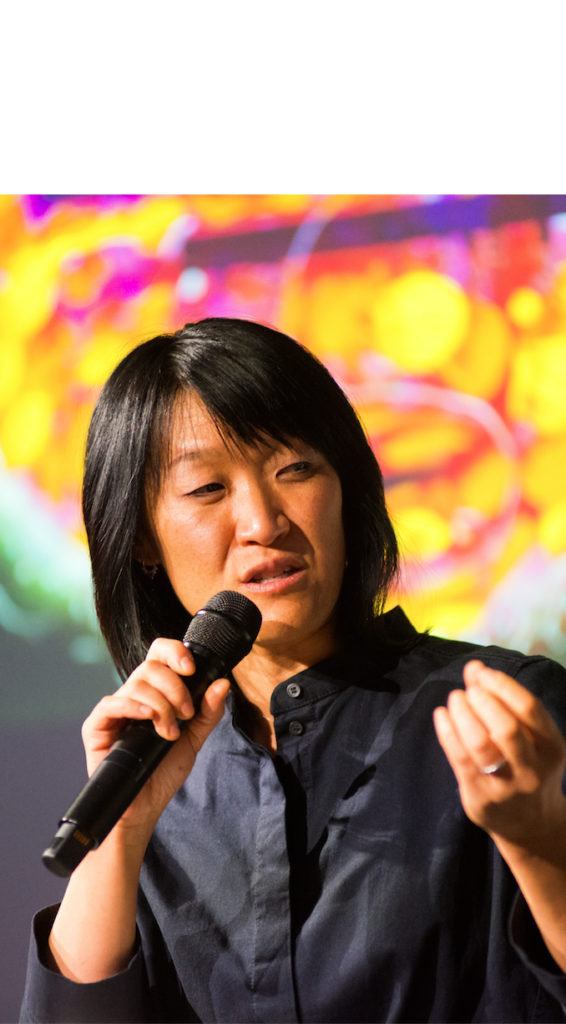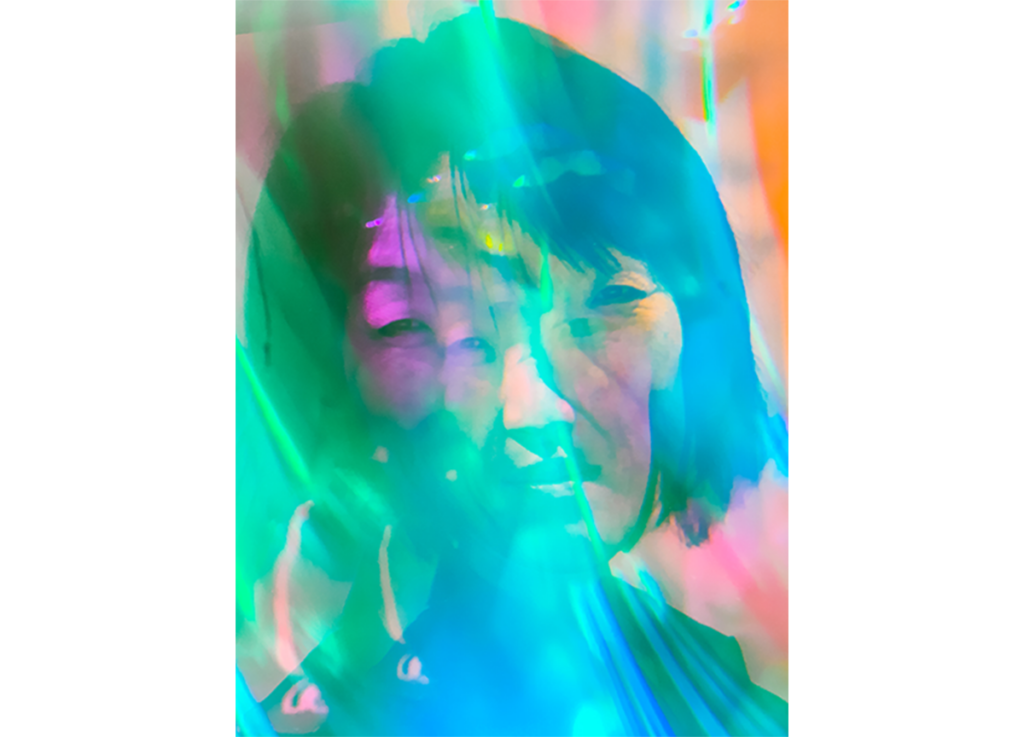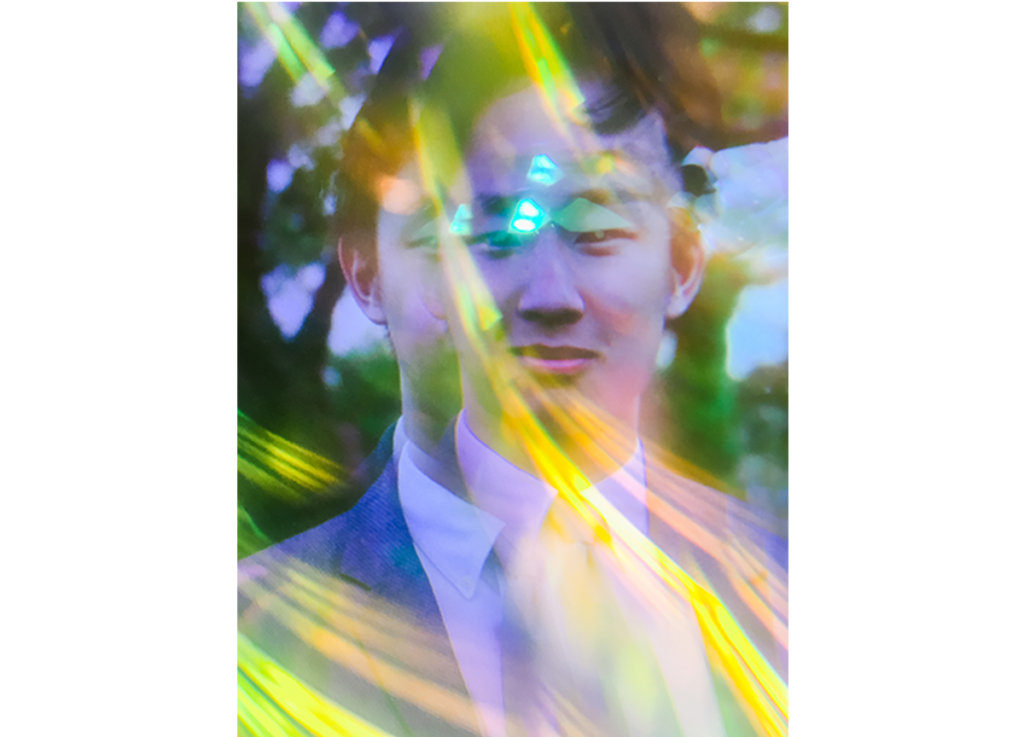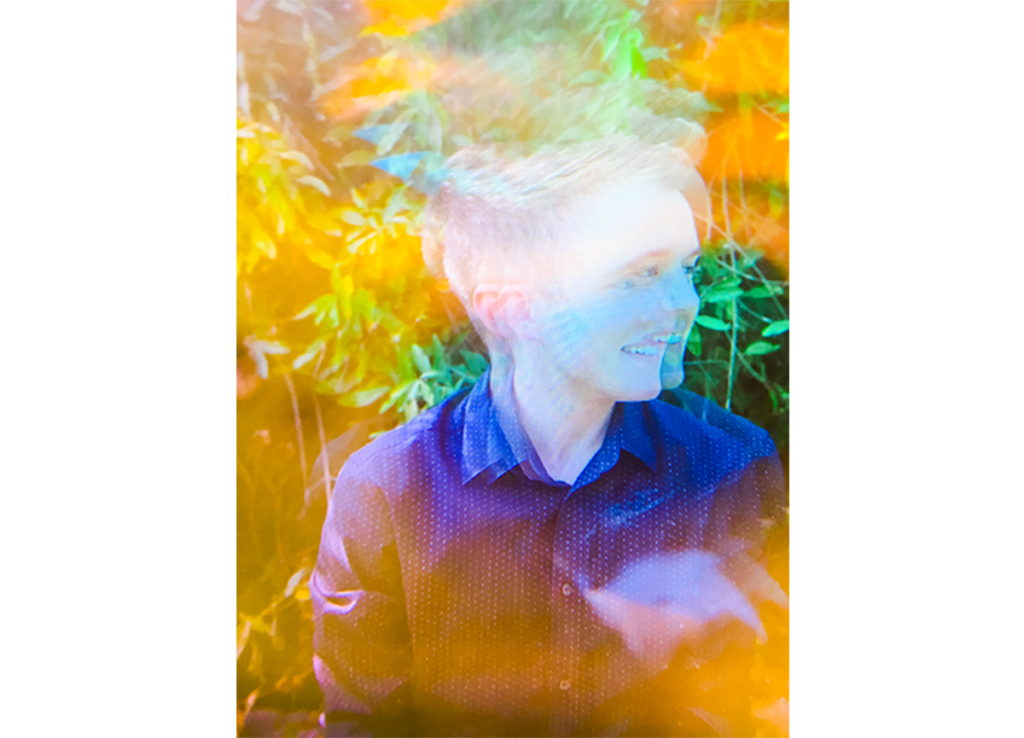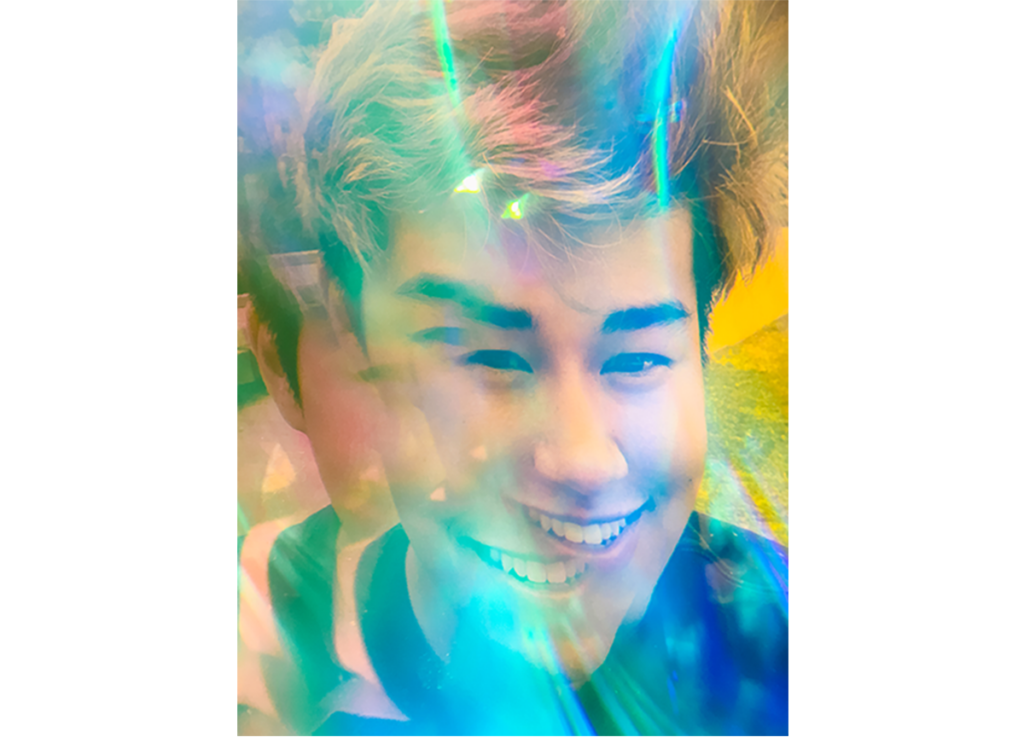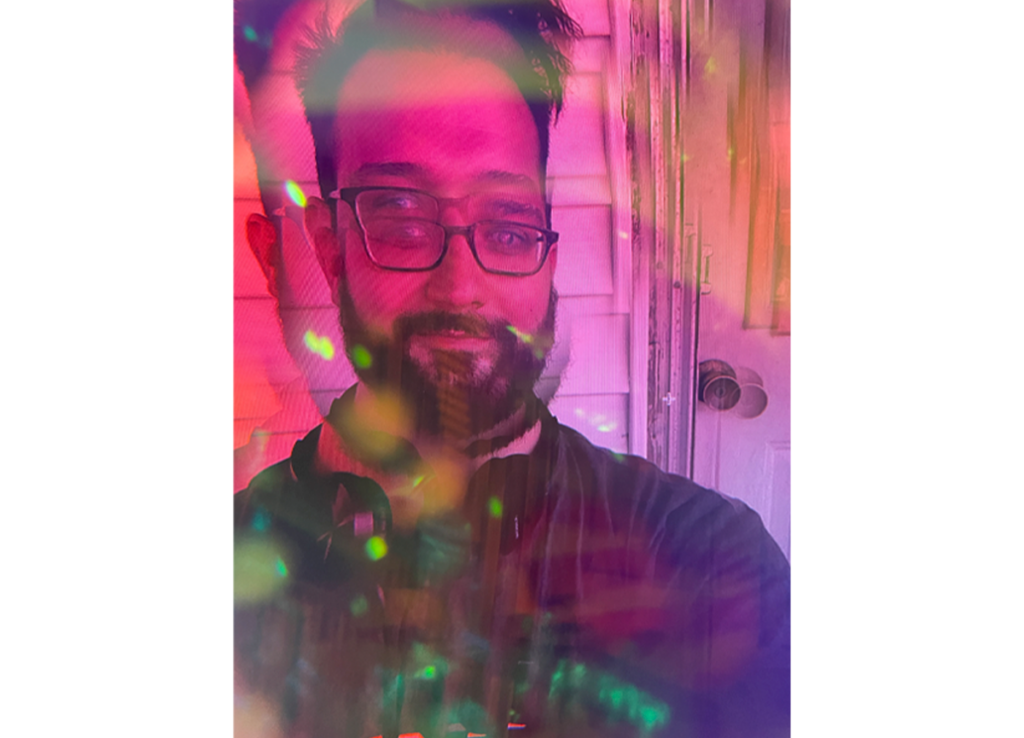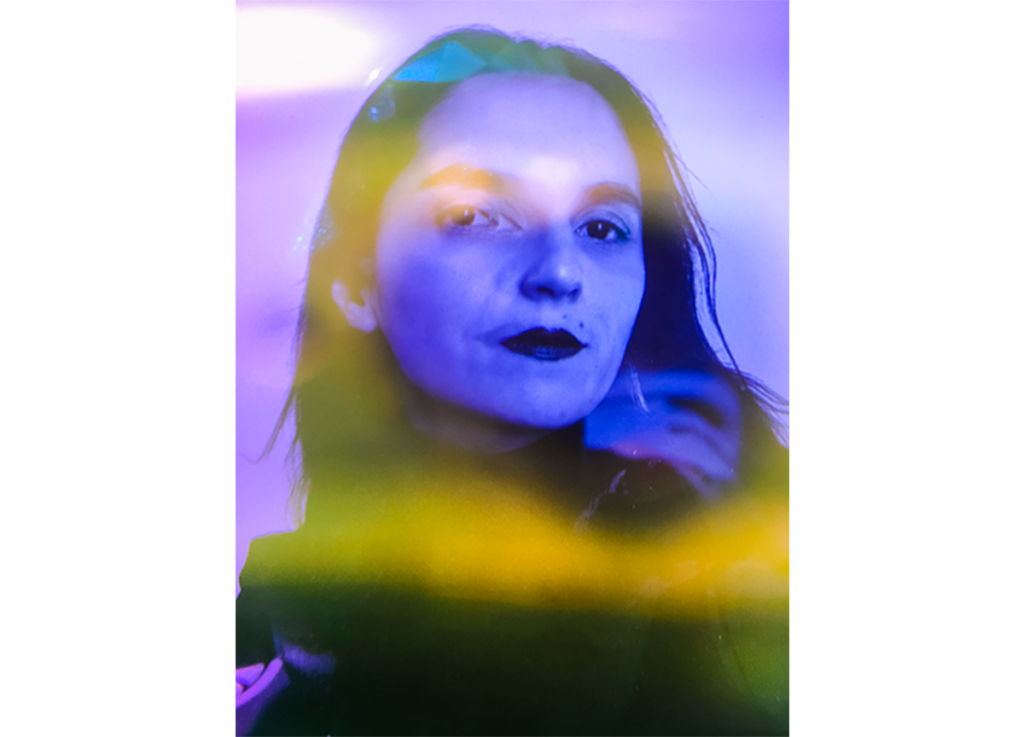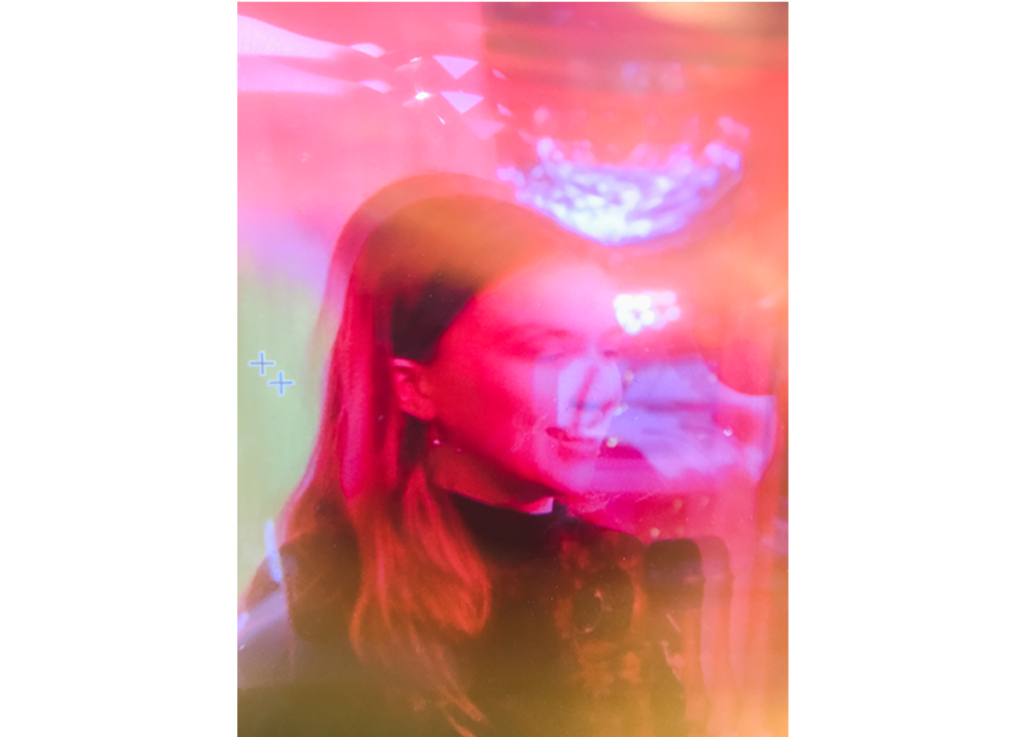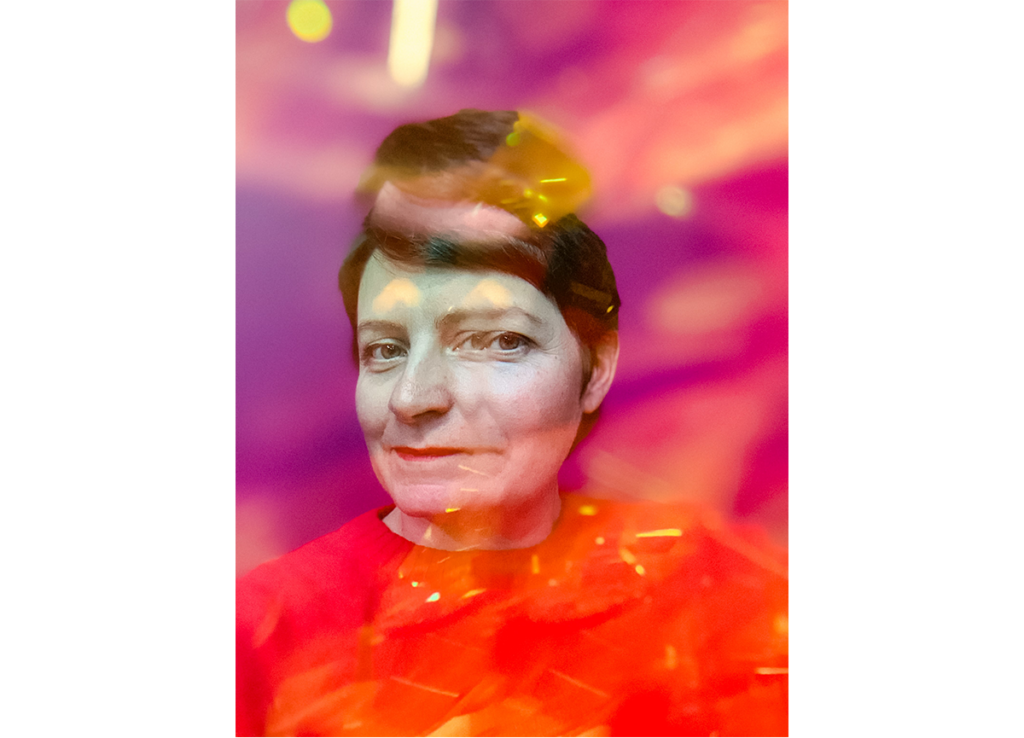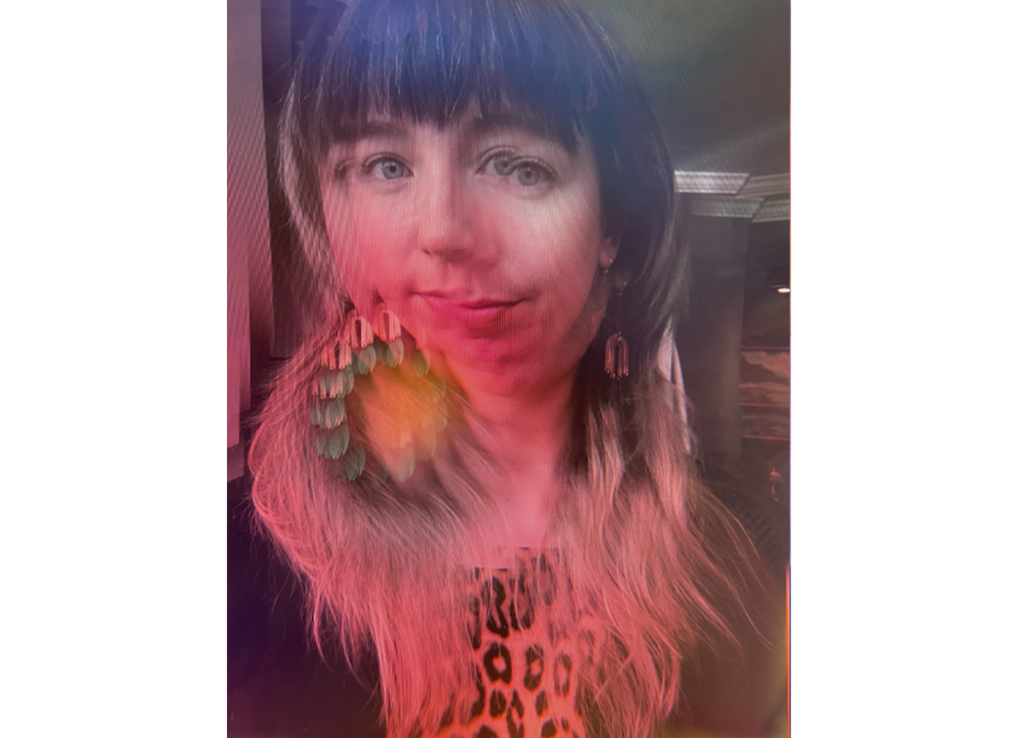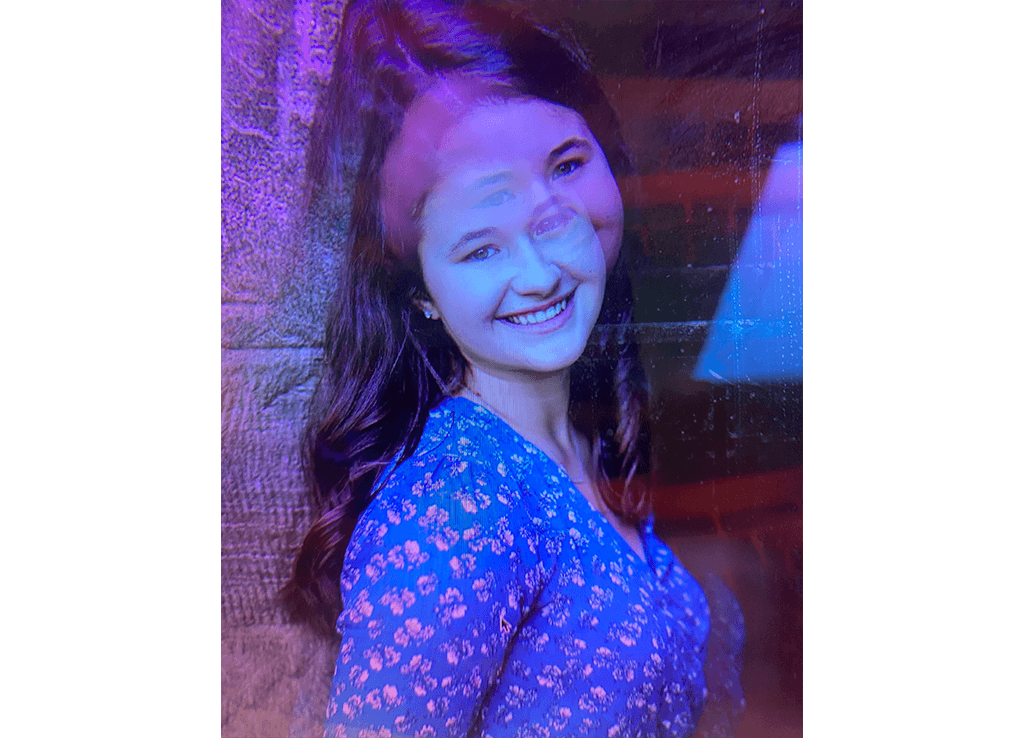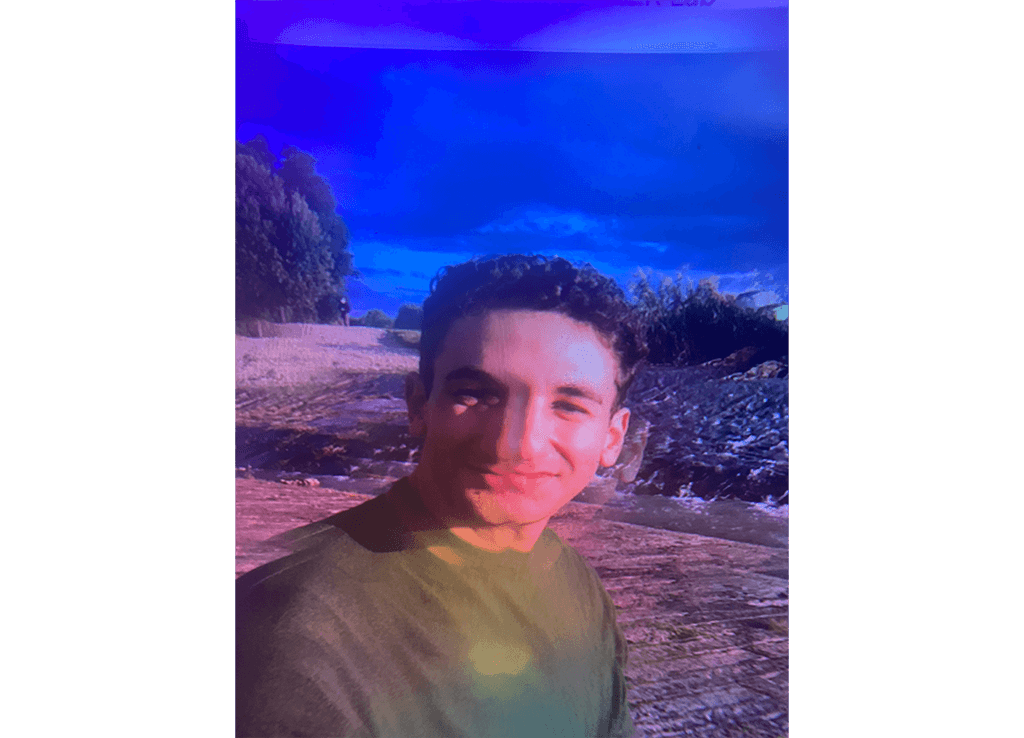
Why The PEER Lab?
Since the age of 12—when I began working with sound, image, form, and space in an apprenticeship with artists Anne Krag and Atle Færøy—I’ve dreamt of continuing that kind of experimentation. After much effort, and with the help and support of many, I’ve now been able to create a space and a community for radical practice-based inquiry. I’m exhilarated to announce that the UCLA Practice-based Experimental Epistemology Research (PEER) Lab is now a reality. While, even as a child, the importance of this tactile form of research felt obvious and momentus, it never occurred to me that it would one day play a legitimate role in my work.
In 2001 when I found myself in the scholarly setting of musicology, I felt unable to articulate my ideas. I had no liberal arts training nor did I know English very well. Working so hard to become fluent in this new language, even my mother tongue became unreliable. And because words could not articulate what I sought to express, I spent time on other things. Drawing. Playing with sound and movement. Devising performances. What I thought were diversions were in fact the solution. I didn’t know I was thinking through practice.
Later, while writing my book, I sought to explain the conundrum that a single sound can be both restorative and destructive depending on the listener. There was no musicological lexicon that could contain and explain that contradiction. I came to another breaking point after having tossed out two complete drafts of what became Sensing Sound. Rather than language, it was the daily practice of scrambling an egg that allowed me to finish my book. How can the content of a bounded object—an egg— take such radically different forms in an encounter with oil, air, and heat? From chalky to silky, from viscous to crisp. How can the same substance make the tongue sing in one instance or cause a gag reflex in another? Again, engaging the senses and the body led to otherwise inarticulable knowledge.
Through the PEER Lab, I’m finally able to share this approach. In this research community, we encourage cross-sensory investigation. We regard knowledge not yet recognized by the powerbrokers of academia with the highest respect and curiosity. We invite inquiry through everyday, traditional, and emerging practices.
—Nina Sun Eidsheim, Founder & Director
[Los Angeles, 8 October, 2020]
